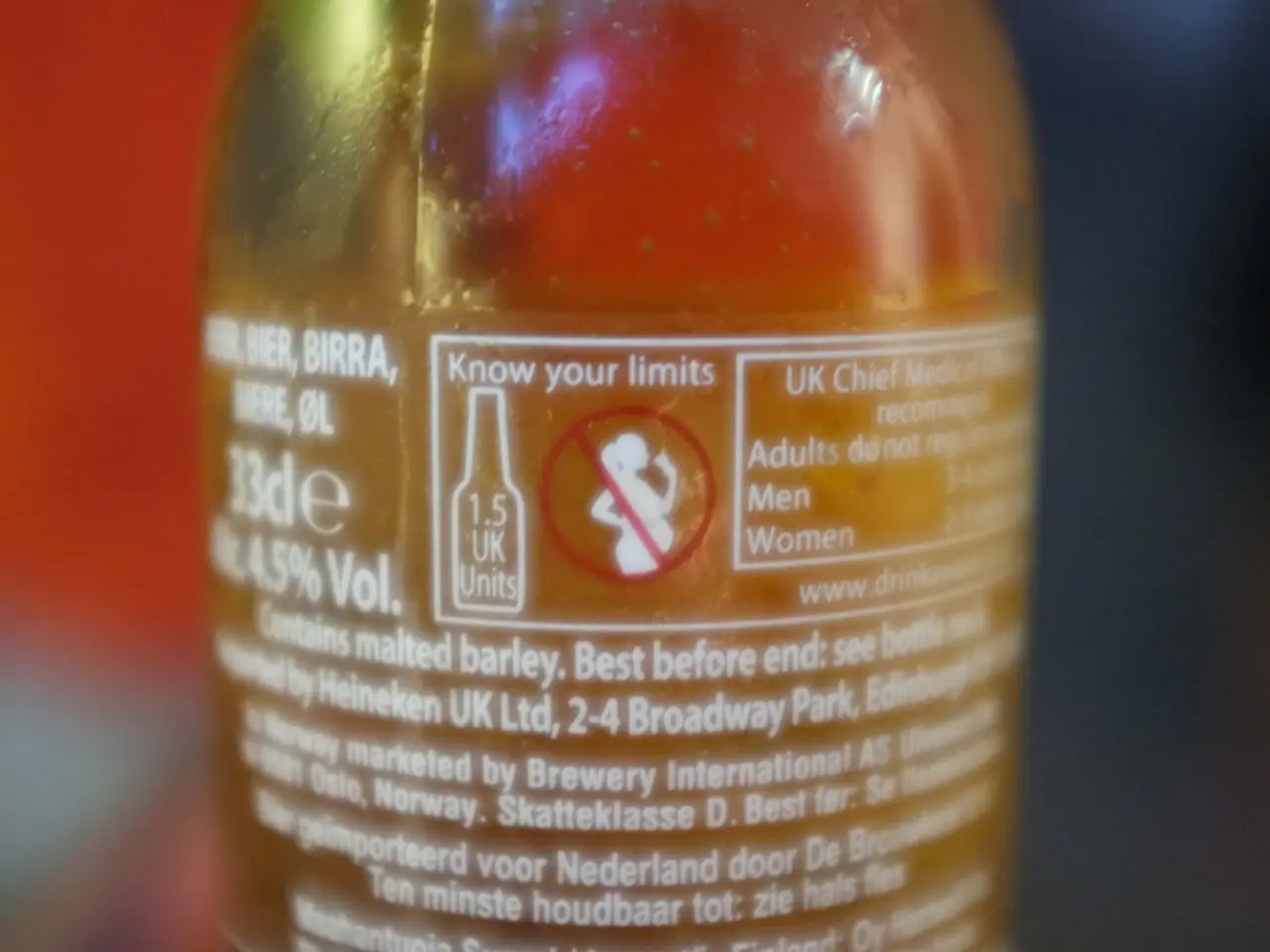Critics speak out against the Health and Human Services' (HHS) proposed prohibition of compound 7-OH derived from Kratom
The U.S. Department of Health and Human Services (HHS) has announced plans to schedule 7-hydroxymitragynine (7-OH), a compound derived from kratom, due to its potent opioid-like effects, high potential for abuse, and growing presence in concentrated forms marketed as dietary supplements.
This decision, however, has sparked controversy, with critics describing it as data-free and politically motivated. The Holistic Alternative Recovery Trust (HART) has accused large kratom industry groups of scapegoating 7-OH to protect their market share.
The consideration arises from 7-OH's potent opioid activity and abuse potential. As a strong opioid agonist, it binds to mu-opioid receptors with much higher affinity than morphine, and can cause respiratory depression at doses stronger than morphine. This creates significant risk of overdose and abuse, especially in concentrated or synthetic forms.
The widespread availability of high concentrations of 7-OH also poses safety concerns. While natural kratom leaf contains only trace amounts of 7-OH, new synthetic or enhanced products sold as gummies, tablets, drink shots, and similar forms can contain up to 98% 7-OH. These highly concentrated products pose greater safety risks, distinct from traditional kratom use.
Furthermore, unapproved and misleading marketing of 7-OH-containing products has raised regulatory concerns. The FDA has issued warning letters to multiple companies marketing these products with unproven claims for pain relief or anxiety management, classifying them as unapproved new drugs rather than dietary supplements.
The HHS Secretary, Robert F. Kennedy Jr., emphasized that controlling 7-OH is a critical step in fighting opioid addiction. Despite no confirmed deaths from 7-OH alone and some evidence of lower dependence risk versus kratom leaf, the heightened potency and potential for abuse with isolated 7-OH warrant precautionary scheduling under the Controlled Substances Act.
Advocates argue that the decision to target 7-OH is misguided, especially given that HHS clarified that natural kratom leaf products are not the focus of the action. Data from the FDA's own adverse event reporting system shows zero confirmed deaths linked to 7-OH alone. Only three serious adverse events have been reported for 7-OH, two of which predated the current market's tested and labeled 7-OH products.
HART calls for the FDA to hear from researchers, toxicologists, and addiction science experts before making a final decision. They encourage consumers and scientists to submit public comments and contact their lawmakers.
This move could eventually lead to a Schedule I classification for 7-OH, which would ban its sale and use. As the debate continues, it is crucial to maintain a science-based regulatory approach and ensure the safety and wellbeing of the public.
- The controversy surrounding the HHS's plan to schedule 7-OH, a compound found in kratom, has led to accusations of the decision being politically motivated and data-free.
- The Holistic Alternative Recovery Trust (HART) asserts that large kratom industry groups are scapegoating 7-OH to protect their market share, instead of addressing safety concerns in the health-and-wellness industry.
- Advocates argue that a precautionary scheduling of 7-OH under the Controlled Substances Act will have far-reaching implications, including a potential ban on its sale and use, and caution the need for a science-based policy and legislation regarding mental-health, general-news, and the regulation of substances like 7-OH.




